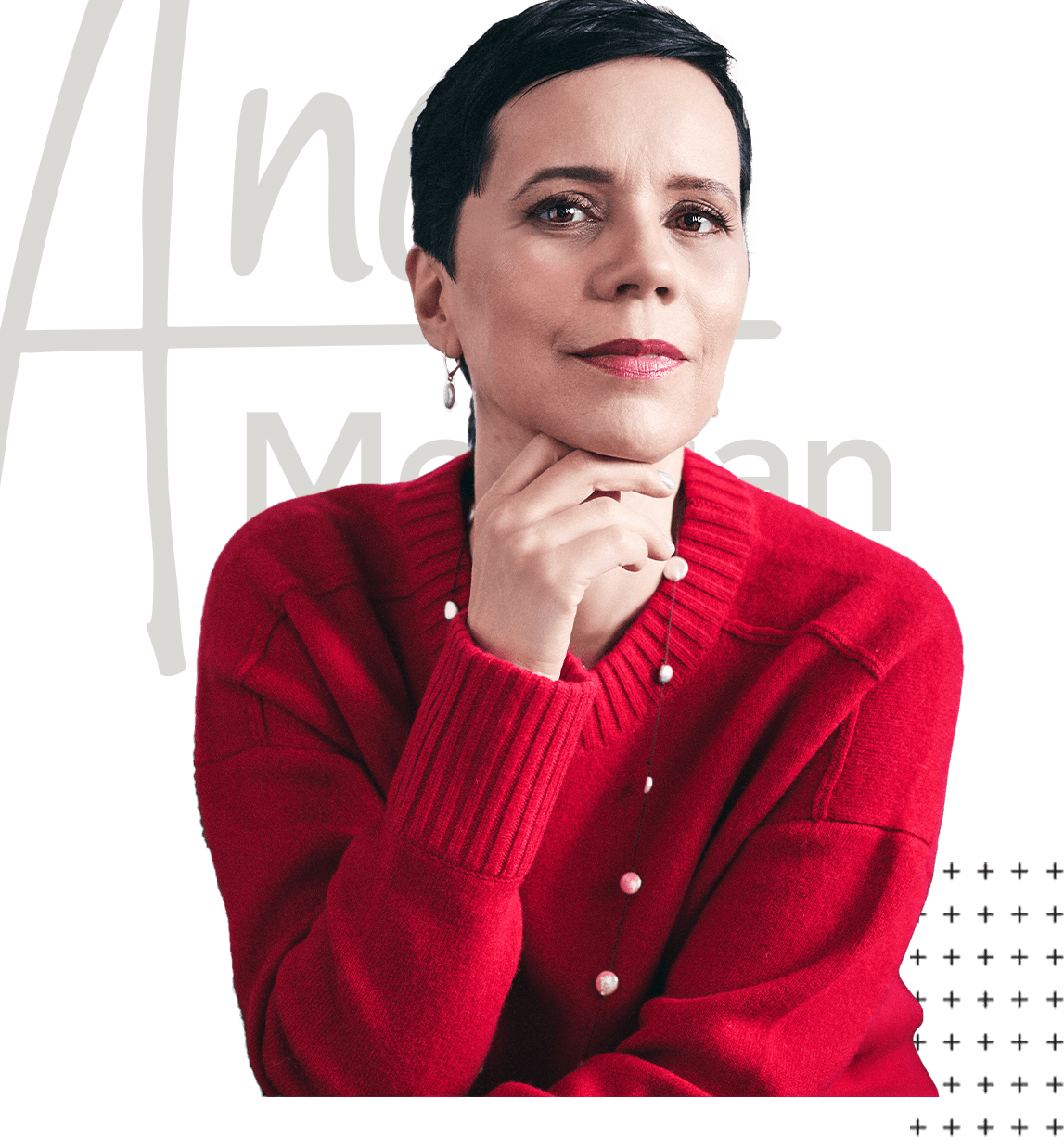B Corps as a Force for Good with Carolina Miranda
“Everyday people are stepping up and wanting to know that the work they do in their company—whether they’re the CEO or employee—does something good in the world.” – Carolina Miranda
I spoke with Carolina Miranda, the founder and CEO of Cultivating Capital, a certified B Corp since 2012. She and her team support companies and align their business with their values by implementing best practices for social and environmental responsibility. She also served on the leadership circle for the B Corp Women CEOs WeTheChange group.
We discuss:
- What makes a company a B Corp & how employee standards are changing
- Supporting B Corps for a better world
- Leveraging strength in unity via WeTheChange
What makes a company a B Corp & how employee standards are changing

B Corps, by definition, are companies that choose to meet very high standards of social and environmental responsibility by going through a third-party certification process.
When companies focus on earning returns for shareholders, they tend to overlook the treatment of workers or community impact. B Corps take a different approach by looking at who has a stake in how the company operates versus who has company shares.
“The B Impact Assessment—which is the online tool that B Corps need to complete—helps to evaluate a company's impacts on all stakeholder groups,” Carolina explains. “There's a section on governance workers, community, environment, and customers.”
By completing the assessment, companies gauge what they're doing well, see areas they can improve, and are exposed to different ideas about practices they can bring to their organization.
Based on that, they undergo a review process with B Lab, and then—if they pass the B Impact Assessment—they're considered a certified B Corp.
Why B Corps appeal to newer generations

More and more, people are keen to work for companies that align with their values, have positive impacts on the environment and community, and genuinely care about the well-being of their employees.
“We're seeing that, particularly with younger generations, there's a lot of data out there showing that, yes, people want to be compensated fairly, but they want to be able to work at an organization that aligns with their values,” Carolina says, “and B Corps generally do that.”
The companies that can authentically claim to be a B Corp, display clear values supported by action, and show how they take care of their people, the planet, and their communities, will have an advantage over a company that simply provides a salary and expects head-down, no-questions-asked, work.
Supporting B Corps for a better world

B Corps take on all shapes and sizes. From apparel to ice cream, there are countless ways to support B Corps by looking for alternatives across multiple industries.
Some notable names in the B Corps landscape include:
- Patagonia
- Ben and Jerry’s
- Bigelow Tea
- Coast Brewery
- Thanksgiving Coffee Company
- And more
It only takes an extra second to check if a company is a B Corp. The more we take the time to track what our purchases feed into, the better the impact on the planet and our communities.
“Each one of us can use our purchasing power to purchase from B Corps,” Carolina says. “If anybody's interested in doing that, they can go to the B Corp website, at BCorperation.net. There's a directory—you can search by keyword, and find the B Corps that are providing that.”
Leveraging strength in unity via WeTheChange
We’ve all heard the saying, “It takes a village to raise a child,” in a similar sentiment, it takes many hands to make a systemic change from the roots up across business and general corporate culture.
Nothing can grow sustainably from isolated efforts. With unity around common goals and values, we see forward motion.
“[In WeTheChange] we have a lot of connections and support, and a lot of opportunities to get to know each other, to have peers we can turn to and discuss business challenges with,” Carolina shares. “We are also starting to build out more on how we can lead the business community. We all do that by virtue of being B Corps, but we have opportunities to do even more.”
Community has been at the center of change for as long as the world has turned, and that fact is not about to dissipate any time soon. From micro businesses to mega corporations, a company is never too small or large to become a B Corp. The movement is only growing, and with it, a brighter future.
Have you knowingly supported a B Corp before? If so, how has making conscious choices about product consumption impacted your life?
Be sure to check out Carolina’s full episode for further insights on B Corps, and learn more at CultivatingCaptial.com!








